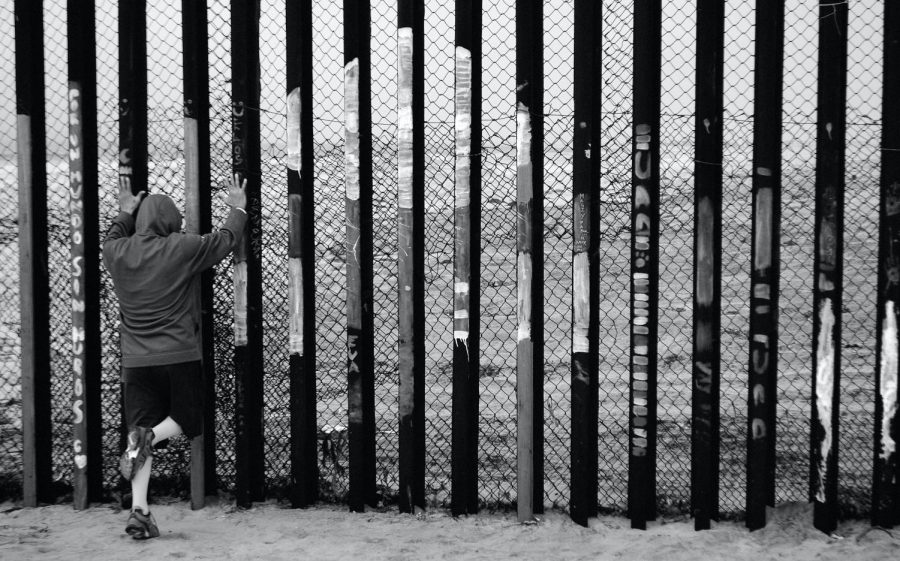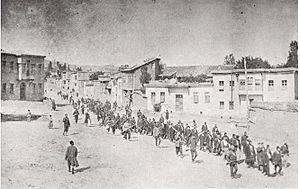Years of inadequate planning and the lack of adjusting to a increasing population and global temperature have resulted in a record-breaking drought in Cape Town, South Africa. The city is home to around four million people; it serves as a major revenue source for South Africa due to its booming tourist population. Due to the severe water crisis, much of Cape Town’s revenue will sharply decrease, as the city’s water sources are unable to bring safe drinking water to its current population, let alone millions of tourists.
The factors contributing Cape Town’s bleak state are common around the world, especially in the United States. A major factor was the ignorance of the government. CNN reports that the South African government was made aware of a potential severe drought several decades ago. Officials took minimal steps toward preparing for a future water crisis, resulting in what scientists are calling a “once in a millennium drought”. Cape Town’s ongoing drought hit the city in 2014. Since the inciting of the water shortage, the Theewaterskloof Dam, Cape Town’s largest water source, has lost more than 70 percent of its water. In order to preserve the 25.6 percent of the dam’s water remaining, TIME reports that the city has capped household water usage at 87 liters a day. According to CNN, on February 1, 50 liters of water can be used per person, per day.
Scientists have named the day the dam reaches 13.5 percent full “Day Zero”; almost all the taps in the entire city will be shut off. CNN reports that Day Zero was projected to arrive on April 16, but due to recent rainfall and a greater deal of conservation efforts, Day Zero has been pushed to May 11. After the city turns off all the taps, according to TIME magazine, citizens will have to go to one of the 200 water collection points in the city to receive a maximum of 25 liters a day.
Citizens of a country seen as one of the wealthiest in the world may read about the Cape Town drought and assume that they are safe from the dangers of global warming and drought. This could not be more inaccurate. The World Wildlife Fund predicts that Cape Town is just one of the many cities which will face extreme droughts within the next few decades; the organization forecasts that by 2025, two-thirds of the world’s population could be facing water shortages.
National Geographic reports that many cities around the world are already experiencing water shortages, situations that will only worsen due to the increasingly harmful effects of climate change: Melbourne, Australia, Mexico City, Mexico, Sao Paulo, Brazil, Los Angeles and the United States.















